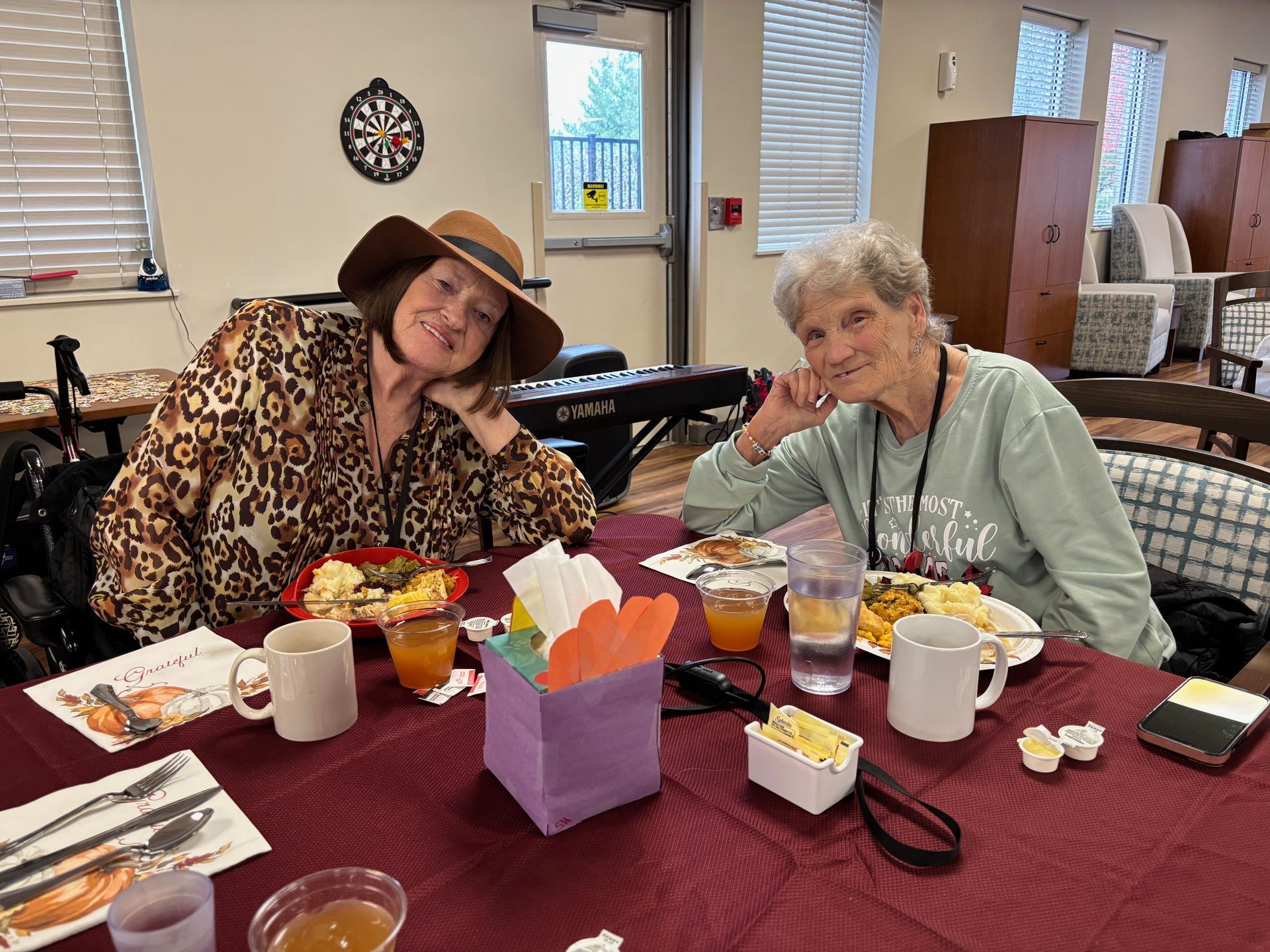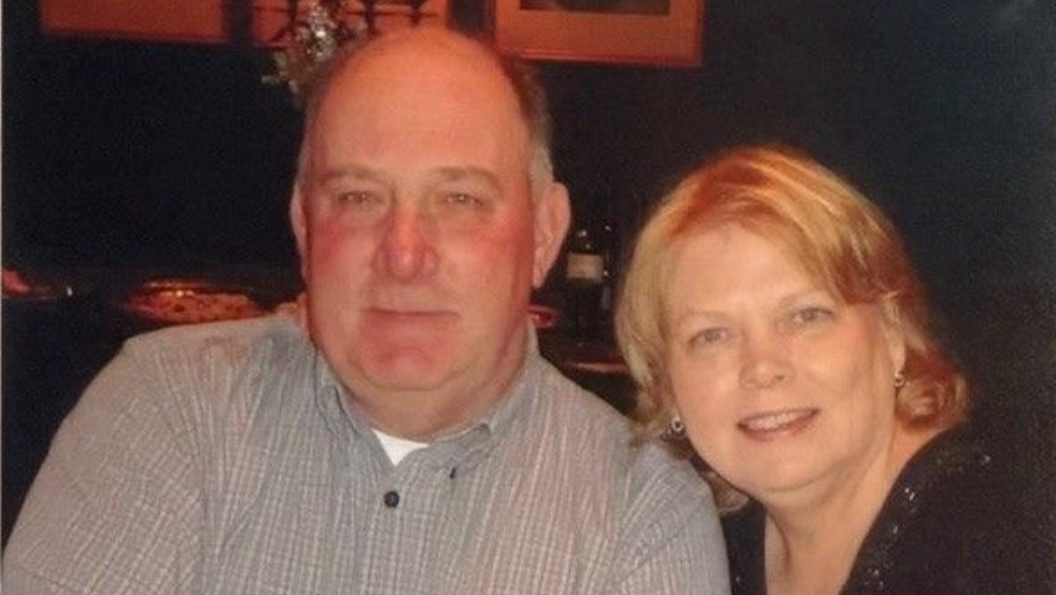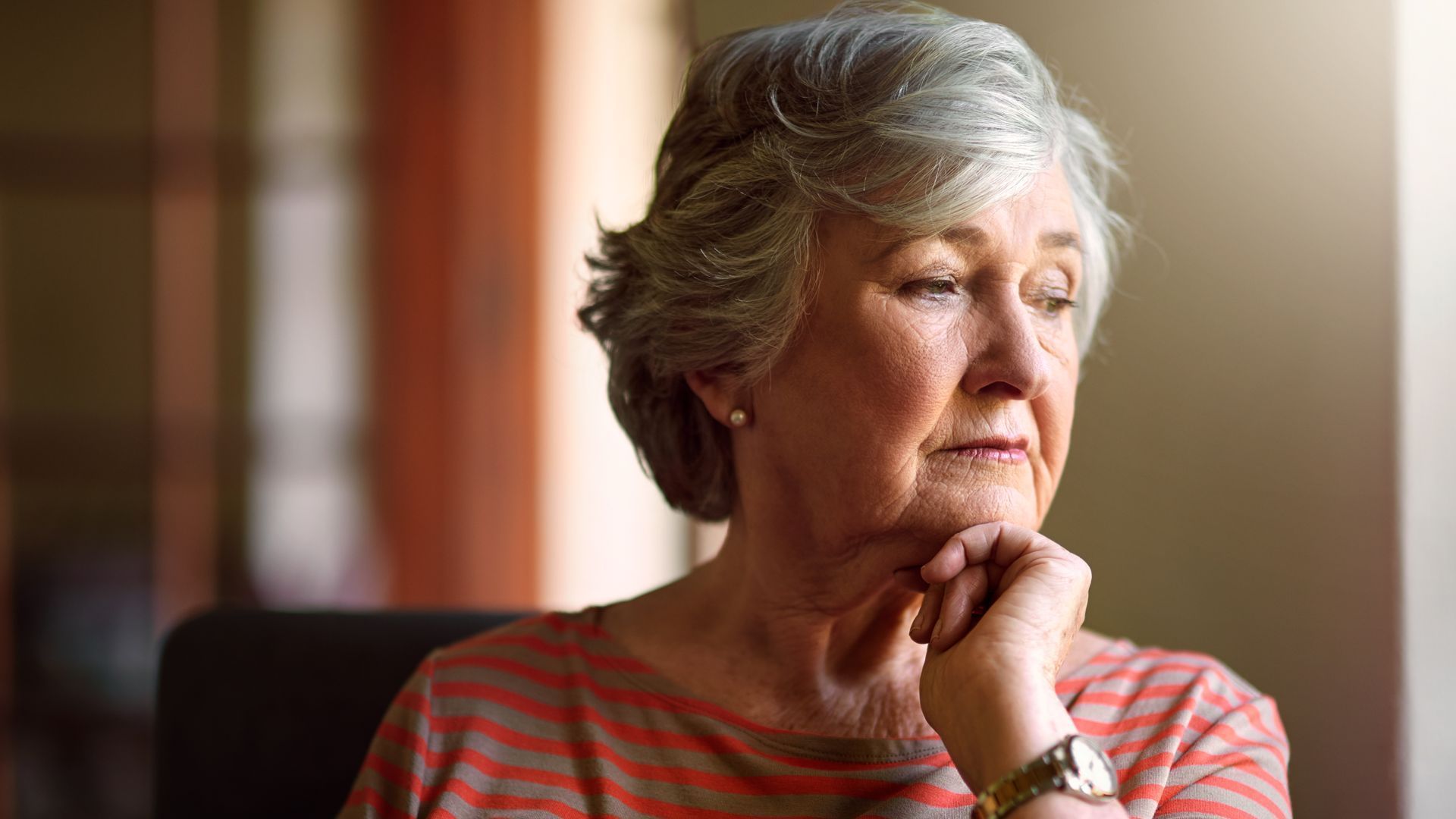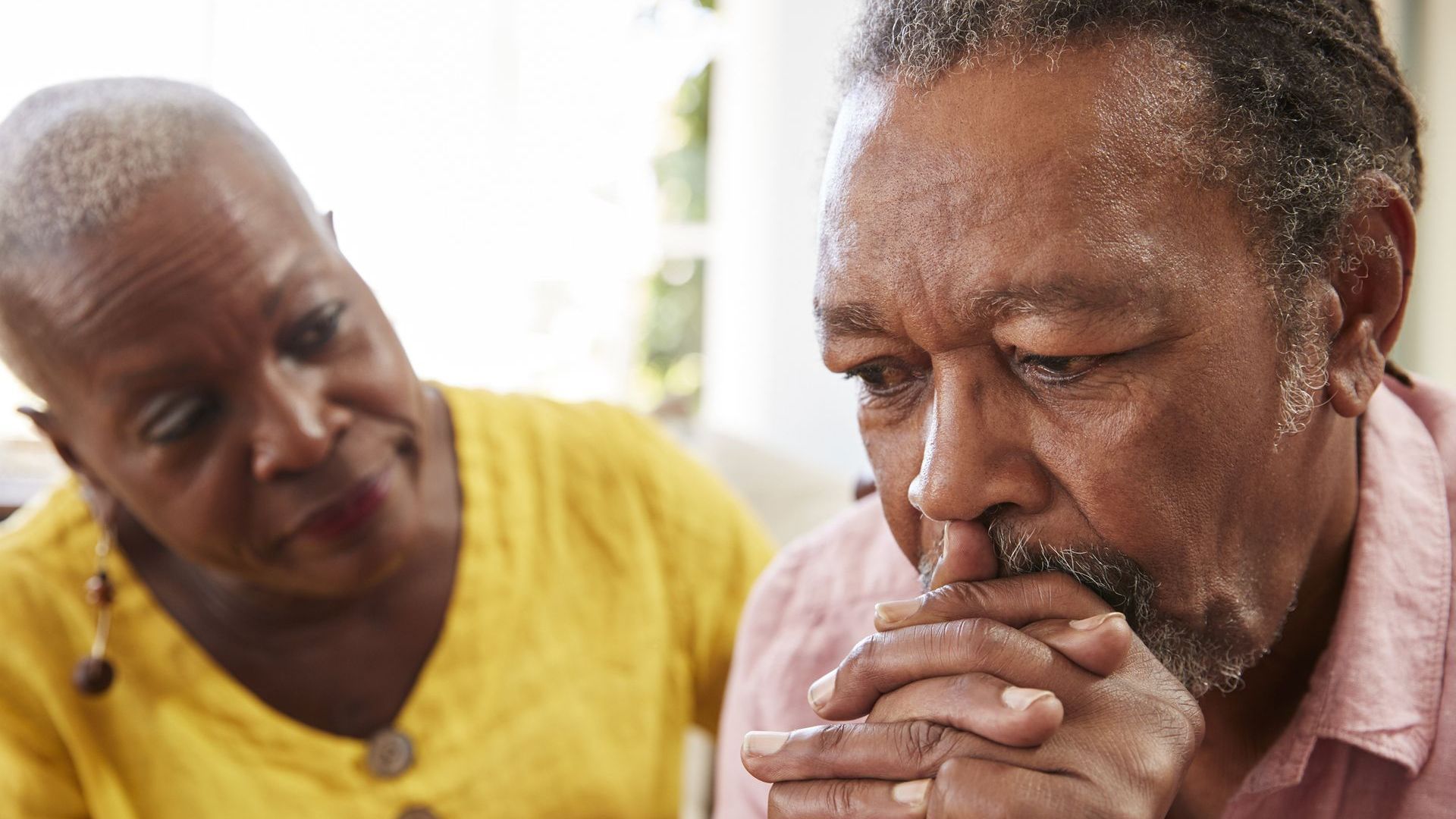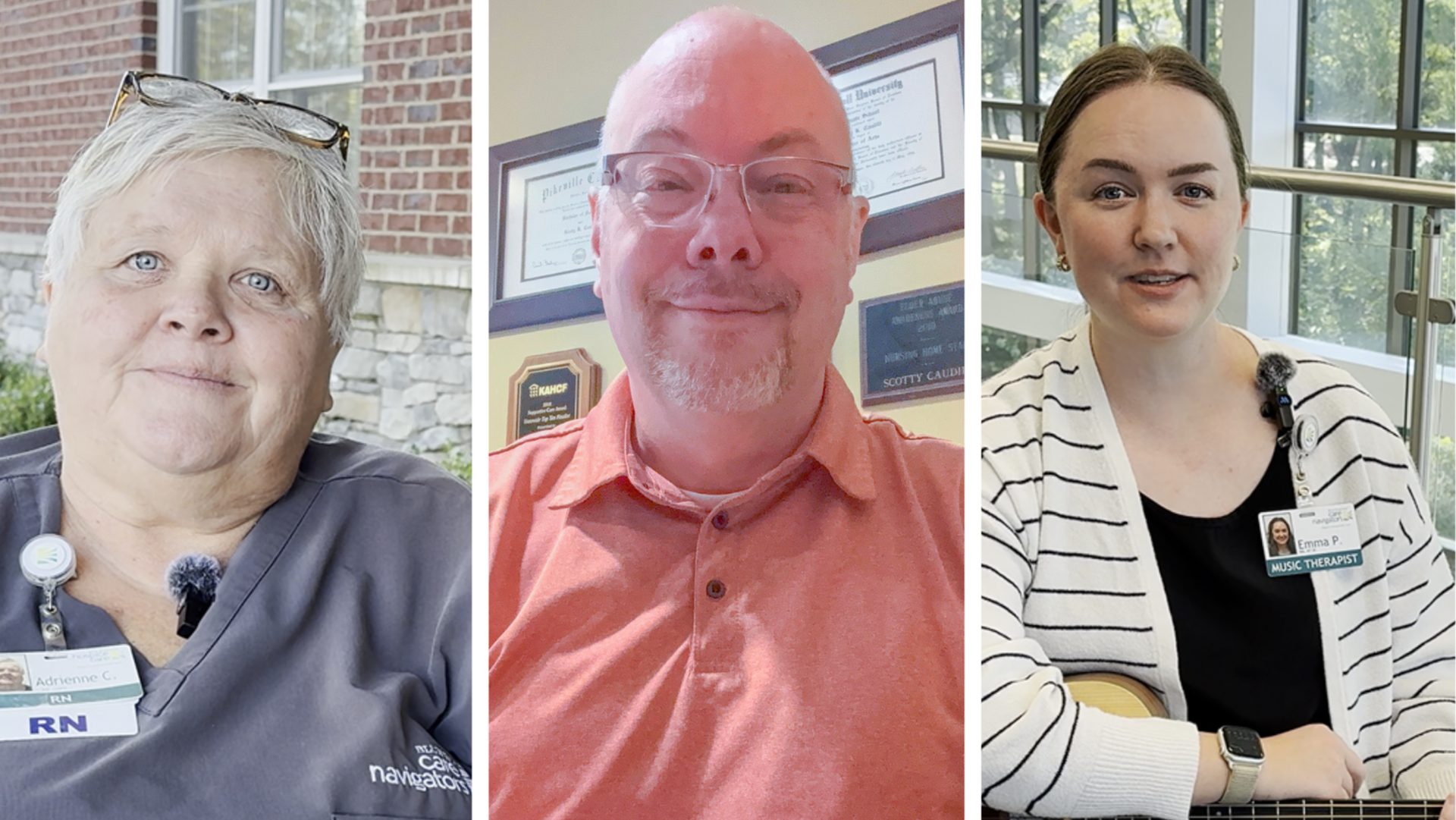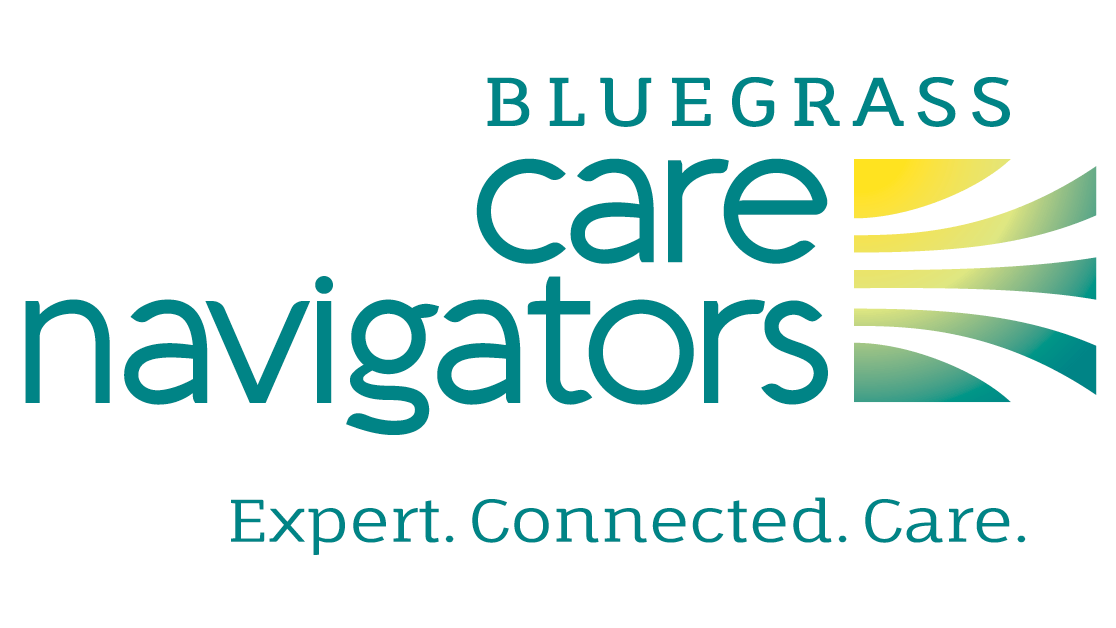Bluegrass Care Navigators Celebrates Women of CARE
Bluegrass Care Navigators celebrated five Women of CARE during Women’s History Month this March. Award recipients include Jennifer Curtis, Sue Snider, Ann Gililland, Rhoda Cheggeh and Kathy Yates for the way they exemplify compassion, accountability, respect and excellence. Each was selected by peer-nomination to receive this award.
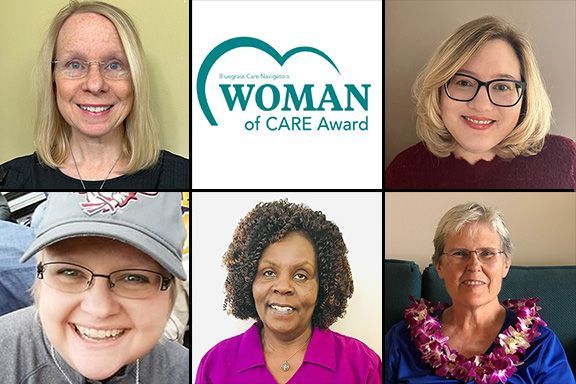
Curtis, CVA, and Volunteer and Community Liaison for the Bluegrass Hospice Care Center in Lexington, began working at BCN 19 years ago as a medical records clerk. Four years ago, she accepted her current role and the challenge to grow volunteer services within the hospice care center. She enjoys nothing more than seeing volunteers loving patients, families and teammates. For the past several years, Curtis has spent her Thanksgiving serving meals to the hospice care center staff. Curtis embodies what it means to serve all patients with excellence and compassion. As a result of Curtis’ advocacy for and inclusivity of the LBGTQ community, BCN participated in its first Pride Festival in 2022.
Snider worked as the chief nursing officer at BCN for 17 years and is a pioneer of hospice care, dedicating her life to advancing hospice care across the state. She has worked in hospice care since 1992 and has been a Certified Hospice and Palliative Care Nurse since 1994. In 2019 she received the MediStar Nurse of the Year award. After transitioning to PRN status in 2020, she has continued to support front-line clinicians and operational initiatives. Throughout her life, Snider has demonstrated respect to others and has frequently been a voice for equity and inclusion. She compassionately pushed against societal pressures and 40 years ago began her lifelong commitment to her wife, Sandy.
Gililland, RN and Bluegrass Transitional Care Screener, has worked at BCN for six years. In her current role, Gililland works with patients and families to offer compassionate care daily. Whether she’s connecting a patient experiencing homelessness to BCN’s medical respite program, ensuring a patient with limited English proficiency has access to interpreter services, or listening with compassion to a parent whose infant is facing significant health challenges, Gililland collaborates with Team BCN to provide the best care. Her engaging bedside manner coupled with deep professionalism helps patients and families feel comfortable during a serious illness.
Cheggeh has worked at Bluegrass Care Navigators for almost 15 years. As a chaplain at the care centers at UK and Baptist Health locations, Cheggeh helps patients and loved ones navigate the spiritual challenges of end-of-life care. In a hospital setting, families have neither the comforts of home nor their full support systems, including their faith community nearby. Cheggeh brings a comforting touch, prayer and wisdom to all faiths and those without faith with profound respect and empathy. She not only supports and cares for patients and families, but also offers comfort and encouragement to team members, supporting those around her with grace, dignity and love.
Yates has worked at Bluegrass Care Navigators three years, first as the Executive Director for Lexington Hospice and currently as the PACE Center Director. Bluegrass Care Navigators opened the first Program of All-Inclusive Care for the Elderly (PACE) in Kentucky in Fall 2022. Her goal is to treat people with kindness, compassion, respect and honesty. As the PACE Center Director, she and her teammates wear many hats. Whether cooking, cleaning, working with participants or helping in the clinic, Yates will assist in any role without hesitation. She especially enjoys spending quality time with the participants and doing their nails each week.
Join us in celebrating Women’s History Month and honoring these BCN Women of CARE!
